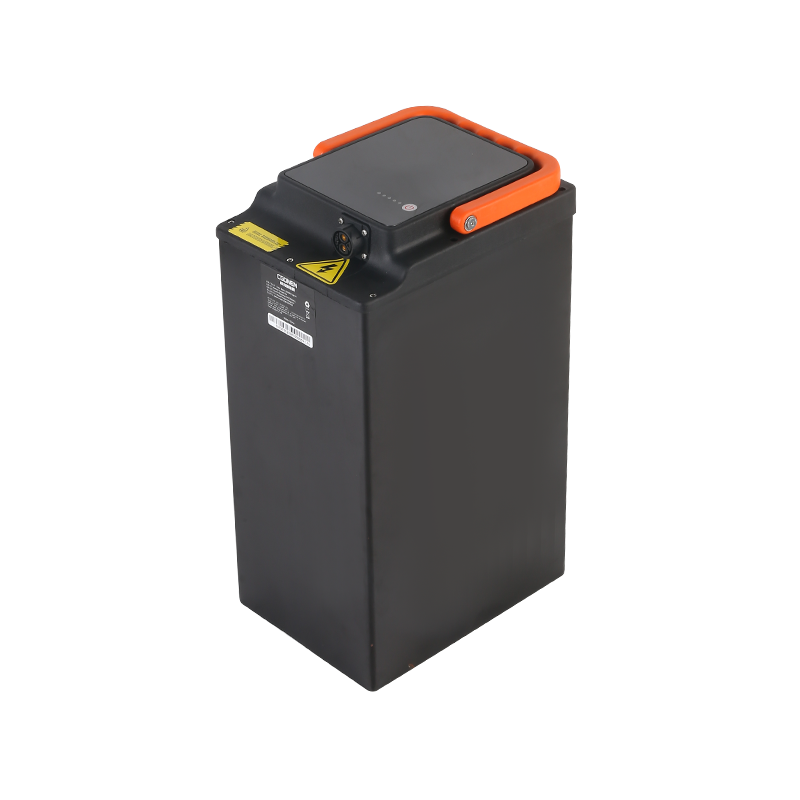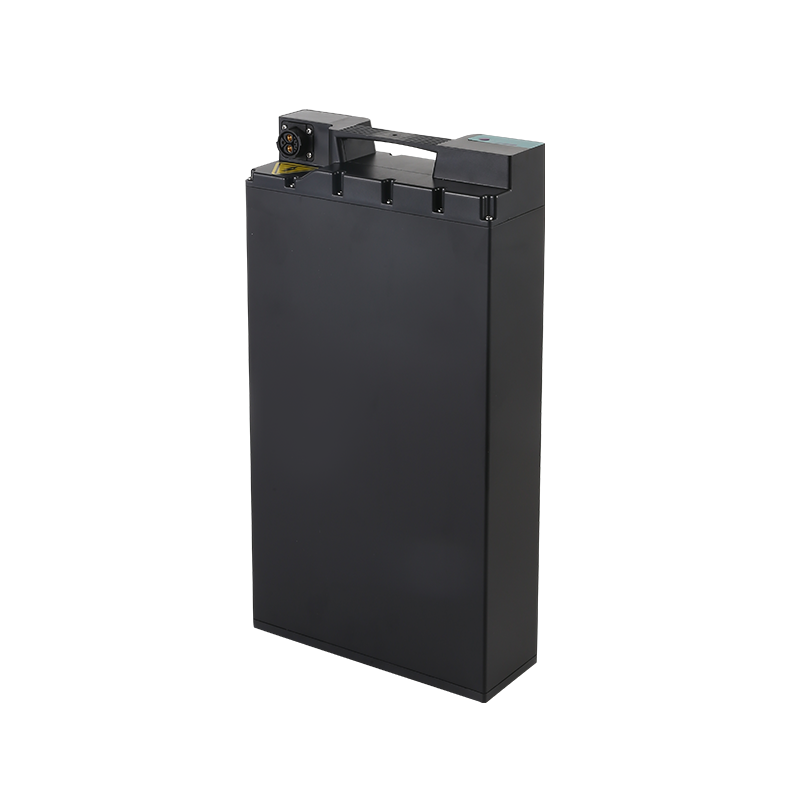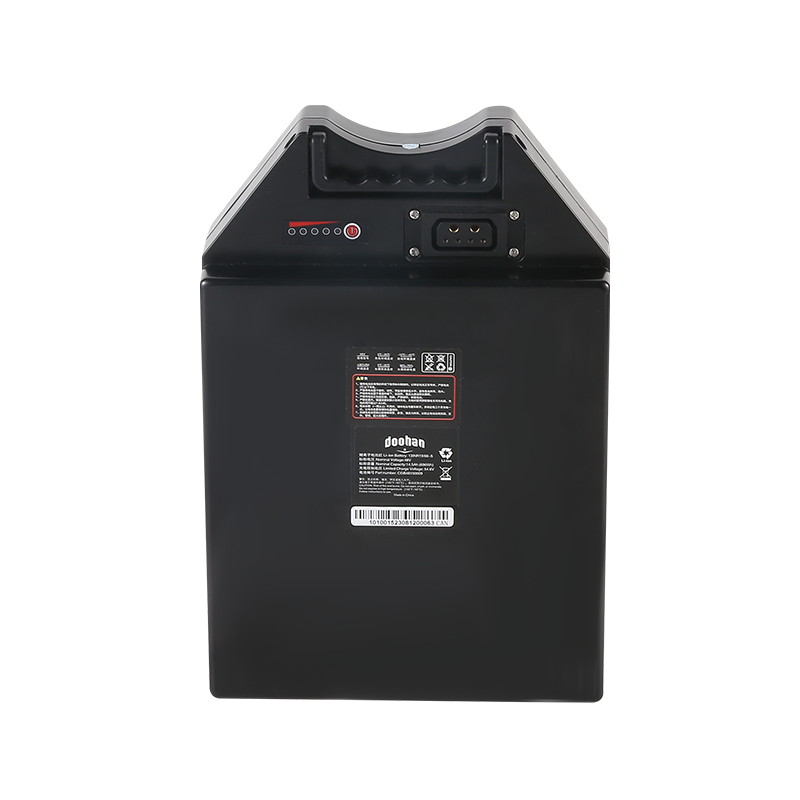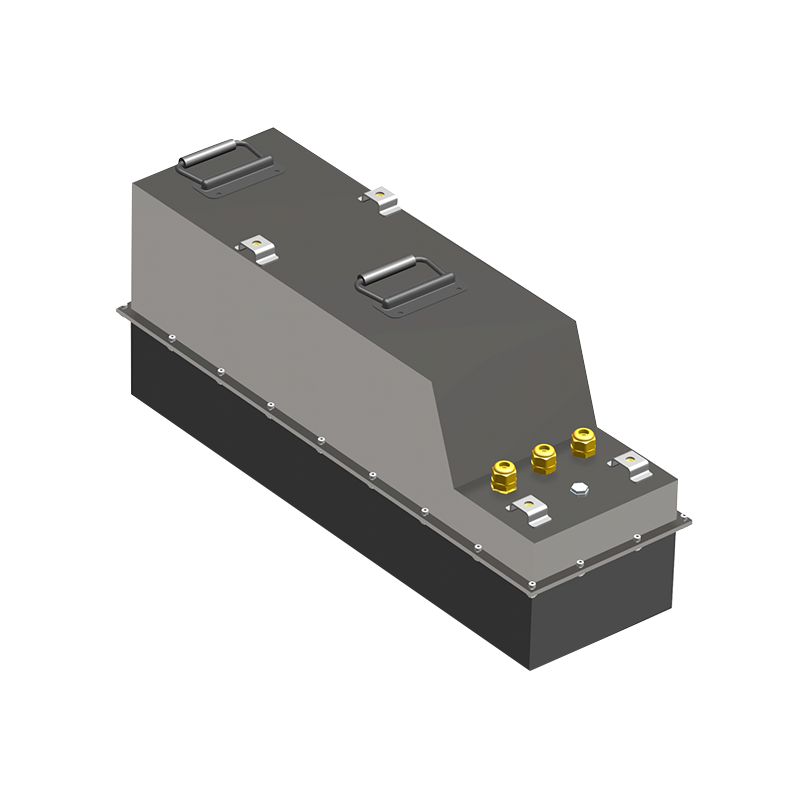Web Menu
Product Search
Exit Menu
Power Lithium Batteries Emerge as Enablers of Energy Transformation
The global shift toward electrification and renewable energy has positioned power lithium batteries at the center of multiple technological revolutions. These advanced energy storage solutions are powering everything from electric vehicles to grid-scale storage systems with exceptional efficiency and reliability. The rapid advancement of power lithium battery technology demonstrates how material science innovations are reshaping energy consumption patterns across industries and applications.
Modern power lithium batteries utilize sophisticated lithium-ion chemistries optimized for high-energy and high-power applications. Contemporary designs often incorporate nickel-manganese-cobalt (NMC) or lithium iron phosphate (LFP) cathode materials that balance energy density, safety, and cost considerations. These power lithium batteries achieve remarkable cycle life, with many industrial-grade solutions maintaining 80% of original capacity after several thousand charge-discharge cycles. The improved thermal stability of current-generation batteries allows for operation in diverse environmental conditions while maintaining safety margins.
Electric mobility represents one of the lots of visible applications for power lithium battery technology. Automotive-grade battery packs leverage these energy storage solutions to deliver ranges exceeding 300 miles on single charges while supporting fast-charging capabilities. The energy density improvements in power lithium batteries have enabled manufacturers to reduce battery weight while increasing capacity, directly enhancing vehicle efficiency and performance. These advancements have been instrumental in changing consumer perceptions about electric vehicle practicality and driving experience.
Renewable energy integration has become increasingly dependent on power lithium battery systems to address intermittency challenges. Solar and wind farms utilize large-scale battery storage to smooth power output and provide grid stability services. Containerized power lithium battery installations can store megawatt-hours of renewable energy for use during peak demand periods or when generation conditions are unfavorable. This application demonstrates how power lithium batteries serve as crucial enablers for higher renewable energy penetration in national power grids worldwide.
Industrial applications continue to adopt power lithium battery solutions for mobile equipment and backup power systems. Mining vehicles, port equipment, and other heavy machinery are transitioning to battery-electric configurations powered by ruggedized power lithium batteries designed for demanding operating conditions. These industrial-grade batteries often feature enhanced cooling systems and mechanical reinforcement to withstand vibration, dust, and moisture exposure while delivering consistent performance.
Safety engineering in power lithium battery design has achieved significant milestones through multi-layer protection strategies. Advanced battery management systems monitor individual cell voltages, temperatures, and impedance in real-time, enabling proactive intervention before issues escalate. Many power lithium batteries now incorporate flame-retardant electrolytes, thermal runaway containment structures, and fault-tolerant electrical designs. These safety features have been validated through rigorous testing protocols that exceed industry standards, building confidence in large-scale lithium battery deployments.
Material science innovations continue to push the boundaries of power lithium battery capabilities. Silicon-graphite composite anodes are increasing energy density while maintaining cycle life, and solid electrolyte research promises improved safety characteristics. The development of cobalt-free cathode materials addresses both cost and ethical sourcing concerns associated with traditional lithium-ion chemistries. These ongoing advancements suggest power lithium batteries will continue improving in performance, safety, and sustainability metrics in coming years.
From personal devices to grid-scale installations, power lithium batteries have become indispensable components of modern energy systems. Their ability to store and deliver electricity efficiently enables countless applications that support sustainability goals and energy independence. As technological advancements continue to enhance performance while reducing costs, power lithium batteries will play an increasingly central role in the global transition toward cleaner, more efficient energy utilization across all sectors of the economy.
-

+86-13049701086
-

Stonehuang@CGONEN.com
-

No.88, Huji Road, Taizhou Bay Binhai New Area, Jiaojiang District, Taizhou City, Zhejiang Province, China











